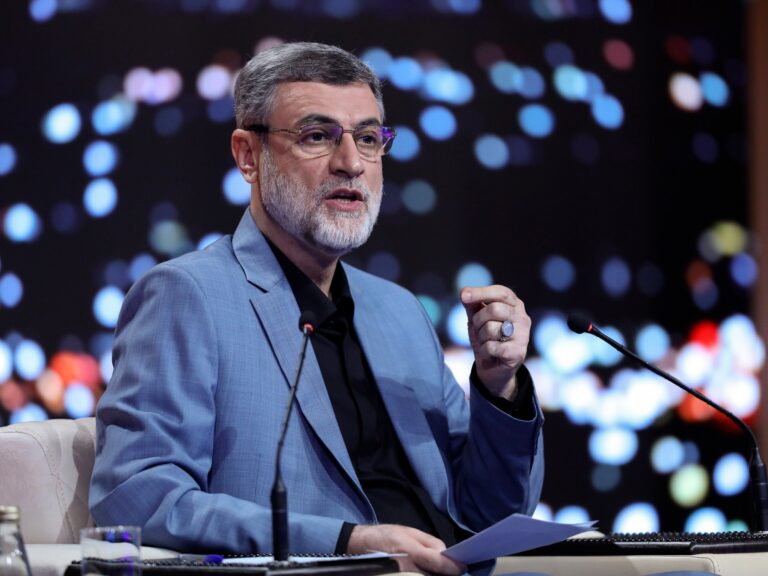The withdrawal of two candidates comes before early elections following the death of President Ebrahim Raisi in a helicopter accident.
Two candidates in Iran’s presidential election have withdrawn from the race, with campaigning ending a day before the vote.
Alireza Zakani, the mayor of the capital Tehran, said Thursday he was backing down, in a post on X.
The first to do so was Amir-Hossein Ghazizadeh Hashemi, 53, who dropped his candidacy on Wednesday evening and urged other candidates to do the same “so that the front of the revolution is strengthened,” the official IRNA news agency reported.
Early elections will take place Friday after the death of President Ebrahim Raïssi in a helicopter accident in May. The next presidential election was scheduled for 2025.
Hashemi was one of Raisi’s vice-presidents. He ran in the 2021 presidential election and received less than a million votes, placing in last place.
Al Jazeera’s Zeina Khodr said from Tehran that Hashemi’s decision to step down does little to unify the conservative camp, which remains divided as two hardliners – former nuclear negotiator Saeed Jalili and Parliament Speaker Mohammad Bagher Ghalibaf – are fighting for the same bloc. .

It was expected that one would step aside to support the other, Khodr said, “but that didn’t happen.”
Conservatives Ghalibaf and Jalili stand out as favorites.
Ghalibaf, a former commander of the Islamic Revolutionary Guard Corps (IRGC) air force, served as parliament speaker for four years, mayor of Tehran from 2005 to 2017, and police chief before that. He ran for president in 2005, 2013 and 2017, before stepping down in favor of Raïssi.
Jalili, who is the direct representative of Supreme Leader Ayatollah Ali Khamenei in the country’s Supreme National Security Council, withdrew from the 2021 elections in favor of Raisi, who won virtually uncontested.
The lone reformer, Masoud Pezeshkian, a heart surgeon, joined forces with the former administration of relatively moderate President Hassan Rouhani, who sealed the 2015 Iran nuclear deal with world powers.
Khamenei has called in recent days for a “maximum” participation rate in the vote.
Khodr noted that Pezeshkian still had a chance to win, “but it will all depend on the turnout, and what we saw in previous elections is that there were a record number of people going to the polls vote”.
After the promise nearly a decade ago of an Iran nuclear deal that opened the country to the rest of the world, Iranians face the burden of high inflation, crushing economic sanctions and a Middle East. more uncertain, amid Israel’s war against Gaza and Iran. first direct attack on Israel in April.


